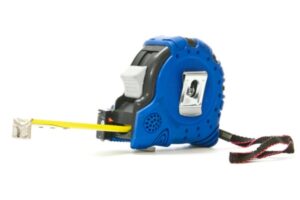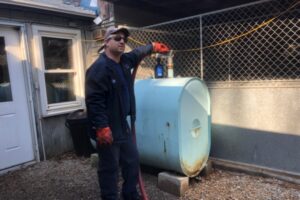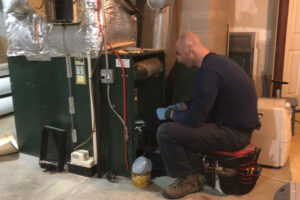Choosing the right furnace size before installation is essential for optimal performance, efficiency, and comfort. An undersized furnace may struggle to heat your space adequately, while an oversized unit can lead to wasted energy and uneven temperatures. Consulting with a professional ensures your furnace is tailored to your home’s needs.
Read MorePropane is a versatile and efficient energy source used in various applications. But what makes it stand out from other fuels, and how can you ensure safe and effective usage? In this article, we delve into everything beginners need to know about propane, from its environmental benefits to essential safety tips.
Read MoreWhen deciding between will-call and automatic oil delivery, it’s essential to understand how each option aligns with your lifestyle and heating needs. Will-call gives you more control, while automatic delivery offers convenience and peace of mind. Learn more about the unique benefits and drawbacks of both methods to make an informed decision.
Read MoreFurnaces play a critical role in keeping homes warm, but their lifespan varies based on several factors. This article delves into the typical longevity of different furnace types and the key aspects that affect how long your system lasts. Discover the signs that indicate your furnace may be nearing the end of its life.
Read MoreAs winter approaches, ensuring your heating oil radiator is prepared for the cold season is crucial. Discover essential tips to maintain your radiator and optimize your hydronic heating system. Learn how to keep your system efficient and your home cozy all winter long. Explore the steps you need for winter readiness.
Read More




